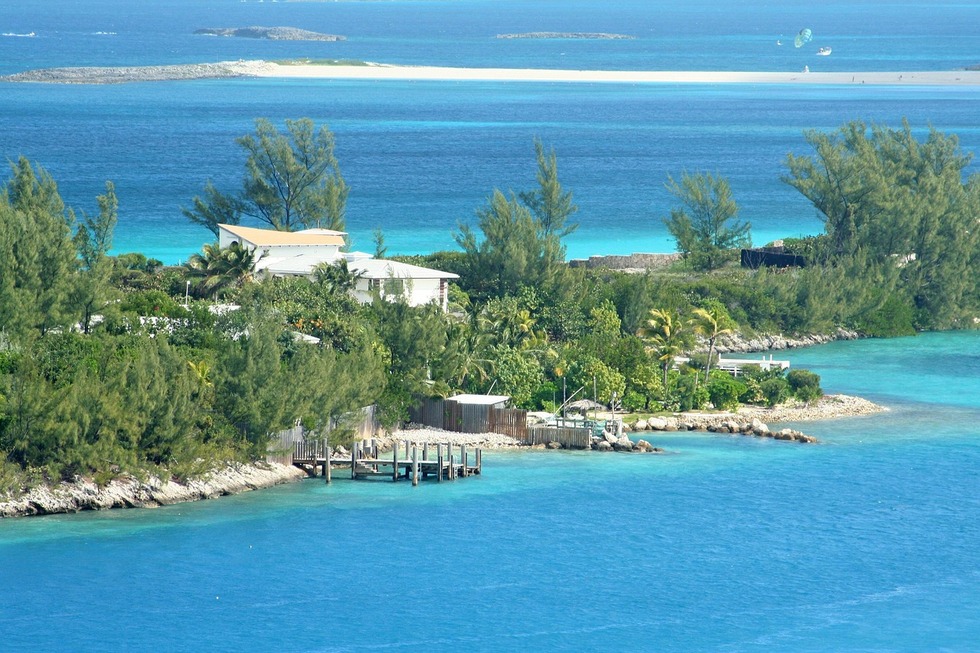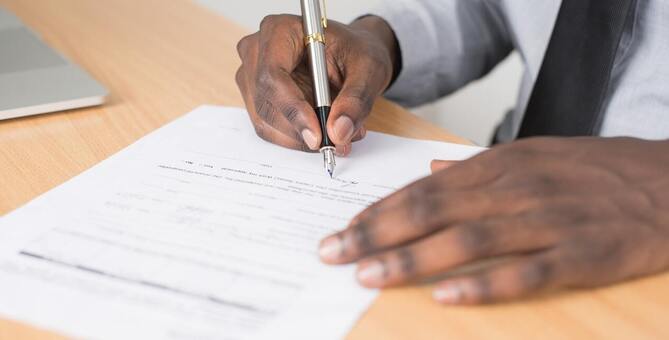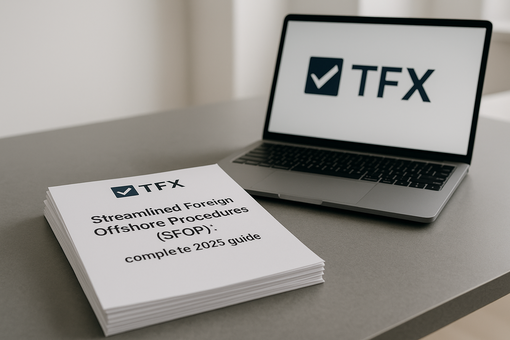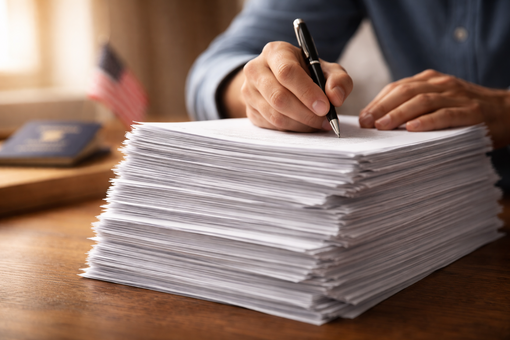Taxes in the Bahamas: a complete guide for residents, expats, and investors

Settle into the Bahamas and you’ll quickly discover why its light–touch fiscal regime draws entrepreneurs, retirees, and remote professionals alike.
This guide unpacks how Bahamas tax rules interact with continuing US obligations, so expats can structure income, investments, and retirement cash flows with confidence.
Whether you own a condo in Nassau or run an offshore startup from Eleuthera, the sections below translate 2025 law into practical steps that slash double taxation risk and keep the IRS happy.
Key takeaways
- Zero individual income tax: Salaries, pensions, dividends, and capital gains are untaxed locally, cementing the country’s status as a Bahama tax haven for residents and investors.
- Social security costs still apply: From 1 July 2024, National Insurance Board contributions climbed to 4.65% (employee) and 6.65% (employer), a combined 11.3% on insurable wages, so American expats should budget for this payroll outlay.
- 10% standard VAT – now 5% on staple foods: The headline rate remains 10%, but groceries benefit from the April 2025 cut, easing everyday costs in Nassau, Freeport, and the Out Islands.
- US filing duty persists: Americans abroad can exclude up to $130,000 of 2025 foreign earnings via FEIE, yet the lack of a US–Bahamas treaty means careful planning is vital to avoid double taxation on any income left outside the exclusion.
Bahamas fiscal landscape–2025 tax system brief
Taxation in the Bahamas still centres on the absence of income tax, capital gains, or inheritance levies, so most Americans face a 0% local tax rate on wages, portfolio income, and pensions earned there.
Instead, government revenue comes from indirect taxes in the Bahamas: a 10% value–added tax on most goods and services, steep import duties that can run past 75%, and a tiered real–property schedule that peaks at 1% for owner–occupied homes and 1.5% for commercial property.
Beginning this year, multinationals with consolidated revenue above €750 million also face a 15% Domestic Minimum Top–Up Tax.
NOTE! For the latest forms, guidance, and e‑services, see the Department of Inland Revenue’s online tax administration site.
Who pays Bahamian taxes?
Whether you’re a newly arrived executive or a sun–chasing retiree, understanding taxation in the Bahamas keeps United States expats on the right side of both Bahamian and American tax law.
Residents
Spend at least 90 days on Bahamian soil (and no more than 183 days in any other single country) and you may be certified as a resident.
Non–residents
Short–term visitors and digital nomads owe no Bahamian income tax, yet they still pay VAT on everyday purchases. Their worldwide income remains fully taxable by the United States under federal rules.
The below are some common expat scenarios to help you understand in practical terms:
| Expat scenario | Local tax exposure | Compliance checklist |
|---|---|---|
| Remote worker in Nassau for 100 days | Zero Bahamas income tax; VAT on goods & services | Claim the 2025 Foreign Earned Income Exclusion (USD130,000) on Form 2555; keep flight and housing records. |
| Retiree owning a USD1million beachfront condo | Property tax: 0% on first BSD 250k, then up to 1% | Pay annual property levy by March 31; file US Form 1040 and FBAR if balances exceed USD 10,000. |
| Six–month corporate secondment (group subject to Pillar Two) | No personal tax, but a 15% corporate top–up may hit the employer | Confirm group’s Pillar Two status; track any employer–paid National Insurance; report housing allowance on Form 2555. |
How to become a tax resident
-
90/183–day rule – Log at least 90 days in–country each year while limiting stays elsewhere to under 183 consecutive days.
- Permanent residence – Invest a minimum USD 1 million in approved real estate (USD 1.5 million for fast–track) to secure an unrestricted residence certificate.
- Maintain local ties – Keep Bahamian property, bank accounts, and the 90–day annual presence to preserve residency status and avoid challenges to your tax home.
By spreading your time and investments wisely, you can enjoy low direct taxes in the Bahamas while remaining fully compliant with both Bahamian regulations and US reporting rules.

Bahamas income tax
Bahamas tax law imposes no individual income tax on salaries, bonuses, dividends, or any other form of personal income, so both residents and American expats keep 100% of what they earn locally.
Because there is no income tax treaty with the United States, Americans living in the islands cannot rely on treaty relief to avoid double taxation. Instead, most US expats lean on the Foreign Earned Income Exclusion, which lets them exclude up to $130,000 of 2025 foreign pay from their US return.
Other Bahamas taxes
Beyond the absence of income tax, several indirect taxes and fees can still affect expats and investors.
Capital Gains Tax
The Bahamas collects no capital gains tax on the sale of shares, real estate, or other investments, so gains realised in Nassau or offshore are kept tax-free locally. This absence of a domestic levy also means capital gains cannot generate a foreign tax credit on a US return.
Wealth or Inheritance Tax
There is no net wealth tax on worldwide assets and no estate or inheritance tax when wealth passes to heirs. High-net-worth families often use Bahamian trusts and International Business Companies (IBCs) to pair this zero-tax regime with robust confidentiality protections.
Property Tax
Real property tax applies only to Bahamian-situated land and buildings. Rates depend on use and ownership status:
- Homeowners (owner-occupied) – First $300,000 of market value is exempt, the next band up to $500,000 is taxed at 0.75%, and any excess is taxed at 1%.
- Investors/non-resident owners – Properties not qualifying as owner-occupied are taxed at 1% on the first $500,000 and 2% on the balance.
Value Added Tax
The Bahamas runs a value-added tax with a standard 10% rate and a new 5% reduced rate on unprepared groceries as of 1 April 2025:
| VAT rate | What does it apply to | Typical examples |
|---|---|---|
| 10% (standard) | Most goods, services, and imports | Restaurants, professional fees, and hotel stays |
| 5% (reduced) | Unprepared food sold by licensed food stores | Fresh meat, rice, flour |
| 0% (zero-rated) | Exports, international transport, and select medicines | Goods shipped abroad, air/sea tickets |
| Exempt | Items outside the VAT net | Residential rent, financial services, school tuition |
Customs duties
Nearly everything entering the country attracts customs duty before VAT. Here are certain item examples to help you understand:
- Televisions and similar electronics – 35% duty plus a 1% processing fee and 10% VAT.
- Chicken parts – 10% duty, illustrating lower rates on basic food staples.
- Passenger vehicles – typically 45% duty (electric and hybrid cars enjoy a reduced 10% rate).
Business license fees and Corporate Taxes (offshore vs. domestic)
All domestic businesses pay an annual Business License fee instead of corporate income tax: $100 for turnover $50k, 0.50%–1.25% of turnover above that. The Bahamas still has no general corporate income tax, but since 1 January 2024, it imposes a 15% Qualified Domestic Minimum Top-Up Tax on multinational groups with €750 m+ global revenue under OECD Pillar Two rules.
Offshore International Business Companies remain outside the turnover regime and instead pay a flat $1,000 annual licence fee when authorised capital exceeds $50,000.

Foreign exchange controls and banking environment
- Automatic allowances for residents. Authorized dealers may sell up to US$15,000 per personal trip or US$100,000 per bona fide business trip without prior Central Bank approval; larger or capital transactions still need a specific permit.
- Rules for nonresidents and USA expats. Nonresidents typically borrow and transact in foreign currency. Borrowing Bahamian dollars is generally prohibited unless the Central Bank grants approval, so maintain USD accounts for local expenses.
- Digital asset oversight. 2023-2024 guidelines let licensed banks and trust companies facilitate crypto purchases via the Investment Currency Market, but only within strict anti-money laundering controls.
Tax deductions & credits
For US citizens working in the Bahamas, the absence of a Bahamian personal tax means that traditional foreign tax credits are seldom available, so maximizing the 2025 Foreign Earned Income Exclusion (FEIE) of $130,000 is usually the first line of defense.
When you do pay compulsory contributions abroad– such as National Insurance Board payments or VAT-embedded levies– a limited credit may still be claimed under US taxation law, provided the payment qualifies as an income-based tax and is properly sourced. If you receive passive income from a third country with a tax rate above your effective US tax rate, the foreign tax credit can offset dollar for dollar and even carry forward excess credits for up to ten years.
Finally, standard deductions, the refundable child tax credit, and housing exclusions can further reduce US liability, but their interplay with the progressive US tax rate schedule demands careful modeling to avoid phaseout surprises.
Need help with the Bahamas taxes?
Taxes for Expats specializes in US tax preparation for expats – including Americans living in the Bahamas – and we offer a free tax extension service to help you file confidently by October 15, 2025.
Avoid double taxation by syncing calendars: while the Bahamas has no income tax, your US payment is still due April 15; we’ll handle Form 4868 for you so you stay compliant without the stress.




